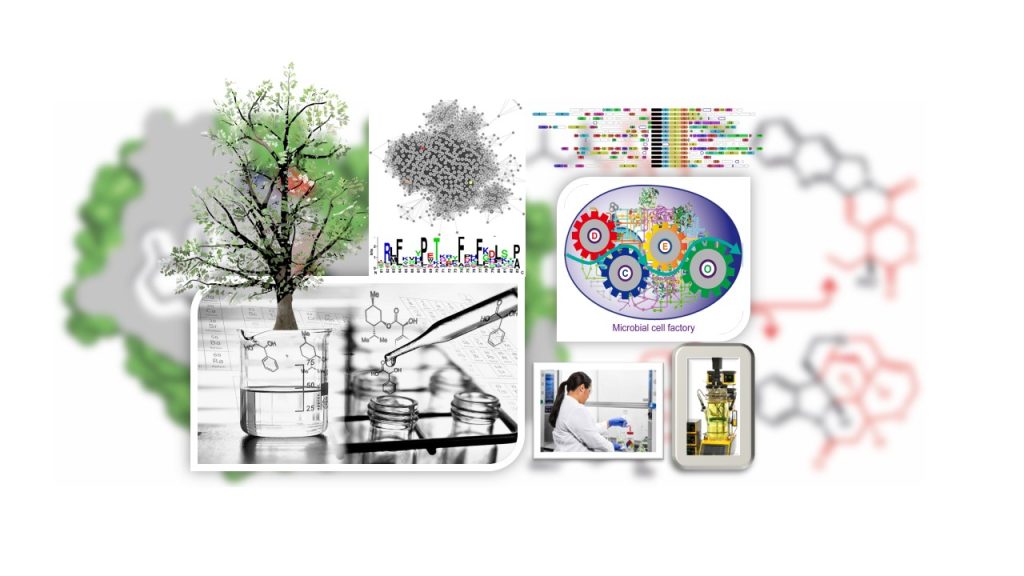Project No. 2445
PRIORITY PROJECT
Primary Supervisor
Dr Binuraj Menon – University of Portsmouth
Co-Supervisor(s)
Dr William King – University of Southampton
Dr Garry Scarlet – University of Portsmouth
Summary
The development of enzymatic routes to biosynthesise or derivatise molecular scaffolds with amide or carboxylic acid functional groups is a major challenge for pharmaceutical and agrochemical sectors.
The current enzymatic routes mainly utilize aminolysis of esters (by lipases) and/or amidation of carboxylic acid (by CAR enzymes). However, none of these methods can be used to directly convert inexpensive amino acids to their respective amide or acid derivatives. Enzymatic systems that can perform these reactions efficiently with wider range of substrates under mild conditions and in absence of expensive cofactor recycling, has a great potential to make a bigger impact in the biocatalytic field for the synthesis of many value-added chemicals. Though monooxygenase-based unique oxidative decarboxylation of amino acids to form amides/acids is reported in plants and associated microbiomes, until now these pathways are not explored for their synthetic applications.
Recently, by exploiting Auxin (-a plant hormone) biosynthesis pathway in plants and plant associated microbiome, our research group has developed methods to produce various synthetic auxins, highlighting importance of these methods. In this PhD project, the main objective is to exploit similar oxidative enzymatic systems and to repurpose them for biosynthesising various bioactive molecules. We have identified and initially characterised several potential flavin dependent amino acid monooxygenases from plant and associated microbiome for this and they will be studied using various biophysical and biochemical techniques, along with the active site and protein engineering strategies to improve their substrate scope. Finally, we will use these methods for the direct synthesis of specialised chemicals and their intermediates, such as various carboxylic acid amide (CAA) fungicides and different plant hormones. As these molecules when produced in vivo within microbial cells could modulate plant microbial interactions, their bioactivity will be tested under natural conditions.
This project represents an exciting opportunity for the candidate to work in a number of cross-disciplinary areas, and to get trained and develop many sklls in Chemical Biology and Enzymology, which is suited for industrial jobs. This project will also give the candidate an experience in bioinformatics, biophysics and structural biology. The ideal candidate will have some background experience in both wet lab biology and/or organic synthesis. This project is suited for students having a Biology, Biochemistry, Chemistry or Biotechnology background and we will provide full training for the selected candidate to work independently.

